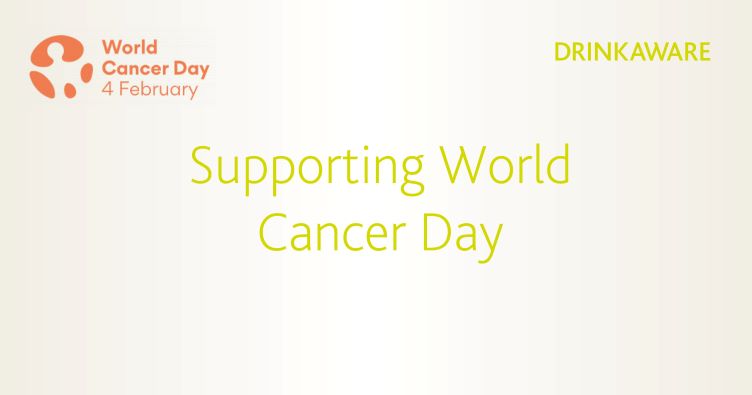According to the Irish Cancer Society, alcohol is a contributing factor to seven different types of cancer – mouth, larynx (voicebox), throat, oesophagus (foodpipe), breast, liver and bowel. A 2013 HSE report showed that in Ireland, roughly 900 new cancers and 500 cancer deaths are attributed to alcohol every year.
Dr Marie Laffoy, Consultant in Public Health with the HSE National Cancer Control Programme (NCCP), stressed that “the cancers caused by alcohol can take many years to develop, so the effect of drinking habits today will be seen well into the future.”
“There is a very long lag time between exposure to alcohol and the development of cancer (10-20 years). This is an especially important message for young women in relation to breast cancer risk. New research has shown a clear association between drinking in young women and the risk of developing both benign breast disease and breast cancer in later life. Therefore teenage girls should delay the onset of drinking for as long as possible.”
For parents who would like to talk to their children about alcohol and its effects, see our dedicated parent hub. There you’ll find information and advice to help initiate and guide the conversation, along with downloadable resources including a booklet and videos to watch together.
Dr Laffoy said: “For women in Ireland, the most important impact from alcohol is in relation to breast cancer. Approximately 12% of all breast cancers (300 cases per year) are associated with alcohol consumption.
For men, the most important impact relates to bowel cancer where around 100 cases are caused by alcohol annually (one in every twelve cases). Consumption of just one standard drink per day is associated with a seven per cent increase in the risk of developing breast cancer, compared to non-drinkers, while consuming three to six standard drinks per day increases the risk of breast cancer by 41%.”
To reduce your cancer risk, and a number of other long-term serious health issues, you should not exceed the low-risk alcohol guidelines:
- 11 standard drinks (110g pure alcohol) spread out over the week for women, with at least two alcohol-free days
- 17 standard drinks (170g pure alcohol) spread out over the week for men, with at least two alcohol-free days
Common examples of a standard drink are a half pint of beer, small glass of wine (100ml) and a pub measure of spirits (35.5%).


